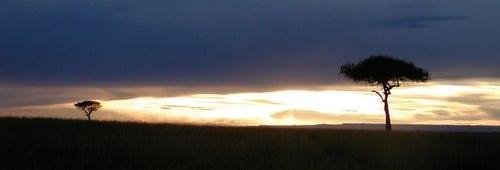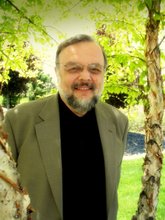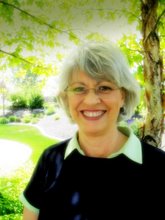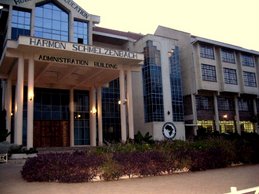Fast forward to Kenya today: it's human for us and for our friends to expect Kenya to be "all something." We see the news and think perhaps Kenya is all tragedy or danger. We live our daily lives here and begin to think Kenya is some version of normal. As GK Chesterton pointed out, the world God created is full of paradoxes: we are both the lowest of creatures and the children of a King; earth is both a temporary resting place for heavenly creatures and the place God created with his own hands as our home. Kenya is also a paradox.
Last night the Kenyan news (there are three national TV channels and multiple newspapers) interviewed several people who have been displaced because of the violence. Children in Kenya see education as the one great hope of improving their lives, and one bright junior-high aged boy cried to think his dream of being a doctor was being delayed or destroyed because he was far from his school and without funds for books or the required uniform. An elderly woman seemed fatalistic about ever getting home. We hear sporadic reports not just of battles between protesters and police, but between different tribal groups. Five people were killed with machetes in an isolated village. A heroic priest in Western Kenya invited minority families into his monastery and frantically phoned for police help as young toughs burned the families homes and tried to get into the monastery. (The police arrived in time.) Some of our students arrive with stories of violence in their home towns before they arrived on campus. Several students have arrived a week late and some will not be able to return this semester because of the unrest.
And yet, and yet--outside our windows in the afternoons and evenings we can hear the laughter of students catching up on their friendships after the extended time away. A young gardener named Samuel is creating a tiny Eden around our home as he builds stone walls and stairways, plants palms and flowers and grass. We began our "Holiness Week" emphasis on Monday with Rev. Chanshi Chanda, the director (called field strategy coordinator) of the French Equitorial Africa field. One of our faculty members just received a Fullbright Scholarship to serve as a visiting scholar in an American university. We are beginning the process of introducing distance learning to better serve Africa. Nancy and I saw cheetahs, pygmy hippos and a rhinoceros the size of a tank on the Safari Walk at Nairobi National Park and fed Betsy the giraffe at the Kenya Giraffe Center in the suburb of Karen on Sunday afternoon.
What are we learning, what are we being reminded of: We do not live our lives in monaural. We live them in stereo. There's enough good in any bad to give us hope. There's enough bad in any good to make it worth praying about. With the need for prayer in mind, we'd thank you again for your prayers for Kenya and for ANU and for us, but we would encourage you to continue praying:
- For the talks between the opposing political parties which are to begin tomorrow, led by former UN Secretary General Kofi Annan;
- For the physical protection of members of minority tribes in isolated areas of Kenya;
- For ANU to continue to be a lighthouse and a model of Christian unity in Africa, and to be even more effective in training its students to be effective, godly leaders in a needy world;
- For Nan and me that we might see and do what the Lord would direct us to do on behalf of the Kingdom in this part of the world.





